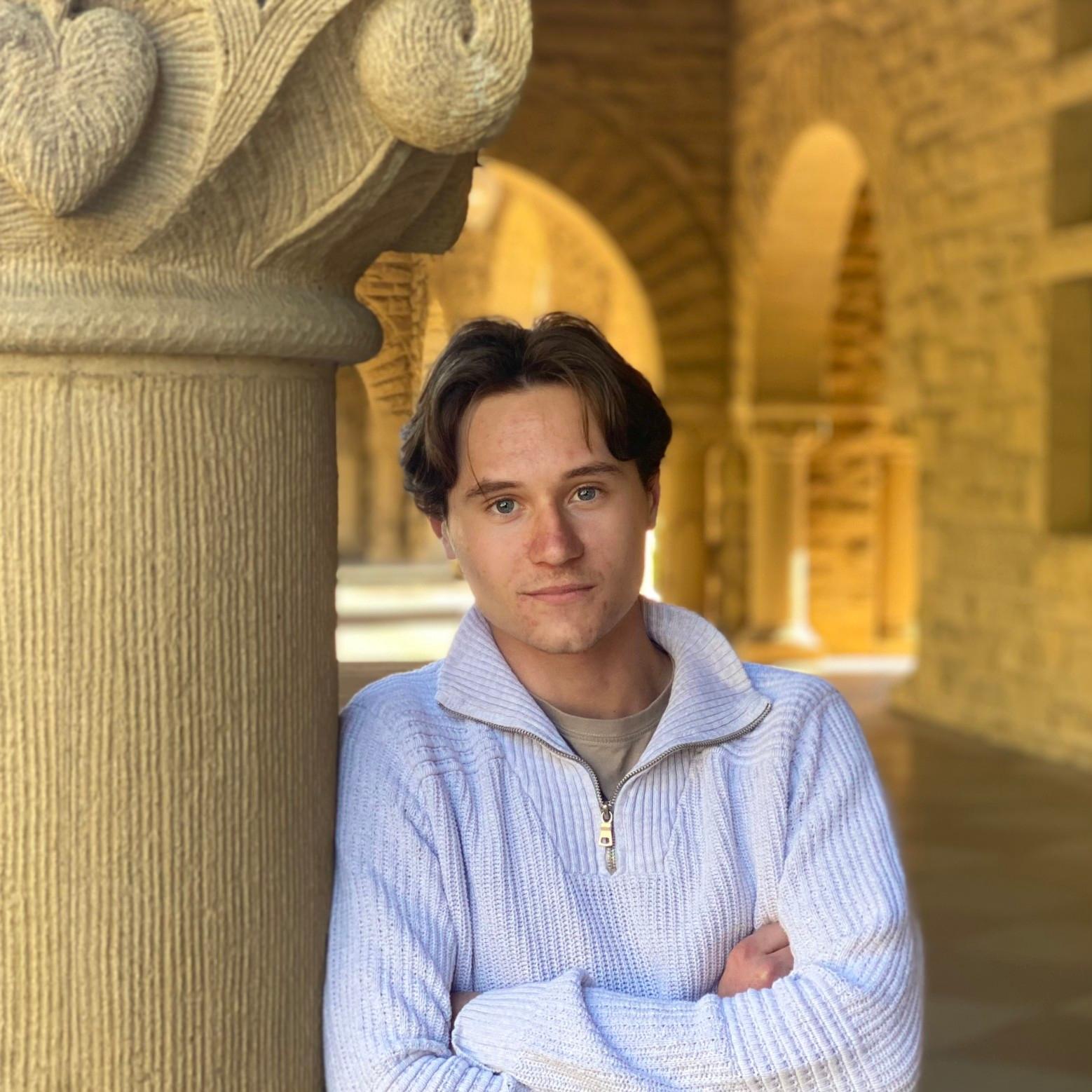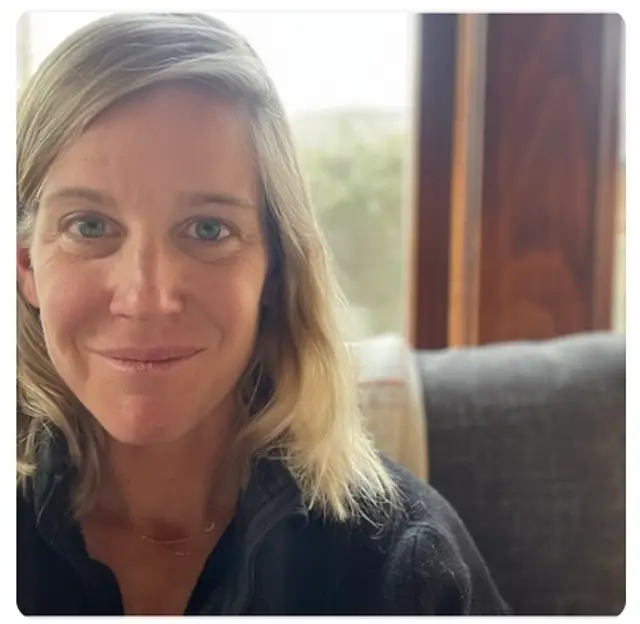How Polygence taught me to ask better questions, an interview with Polygence alum Emir Durakovic
4 minute read
Polygence is excited to announce our first cohort of Research Coach Interns - successful Polygence alumni who have gone on to study at some of the top universities in the U.S. Research Coaches are available to meet with current Polygence students to share project best practices, executive functioning tips and share their college experiences.
Annie Peuquet, Director of Partnerships at Polygence recently sat down with Emir Durakovic, Polygence Research Coach and Computer Science student at Northeastern to learn more about his Polygence experience.

Emir, tell me about your project’s topic area and what you chose to make or do as your outcome.
My project’s topic area revolved around using AI to predict different climate types given satellite imagery. This project evolved into a research paper where I detailed my step-by-step process on how I was able to retrieve satellite imagery and use it for my dataset which would then train my model to predict the climate type given an image.
What was the best thing about doing an independent research project with your mentor?
I like that I was in control of what I wanted to do. It taught me how to lead the initiative to finish the project. My mentor was encouraging and supported me with finding resources, debugging code, and sharing general advice on how to tackle a research project (ex. explaining the scientific method of researching).
What was the most challenging aspect?
The most challenging aspect was figuring out how to circumnavigate around roadblocks when researching. For example, there were some bugs that weren’t able to be fixed, so we’d have to rethink how to re approach the problem a different way. This was both time consuming and mentally challenging, however, after tackling those obstacles, it motivated me to continue working through these issues, eventually finishing the project.
Yes, research builds your competencies in hard skills. But what soft skills did you practice and develop during your Polygence project?
Being able to communicate with peers on coding projects more easily. I found working with my mentor allowed me to understand how to phrase questions correctly in order to understand the code better and what the objectives of writing a certain function or paragraph is.
Now that you are 2-3 years out of your Polygence project, what would you like to tell your mentor if you could about the project’s impact?
I’d just want to thank him for steering me in the right direction for pursuing an AI concentration. He introduced me to learning about AI and ML models and how to approach researching in the future. That being said, it laid the groundwork for wanting to pursue an AI concentration and learning more about these models.
If you could give your previous self advice about doing independent research, what would you have told yourself while you were doing your project?
To understand that the research project takes a long time and it can always be improved on. My previous self was a bit impatient and at some point lost some motivation because of how long the research project was taking, but looking back at it and learning more about researching in college, I’ve realized that it’s perfectly normal to feel discouraged at some points and that researching just takes a long time if you want reputable results. Knowing that, I probably would have been more encouraged to tackle researching slowly (which I eventually found out anyways) and not being upset that I’ve hit a roadblock.
